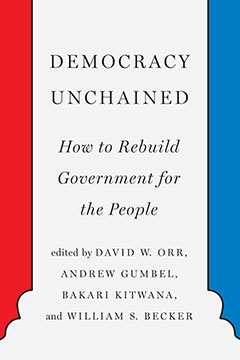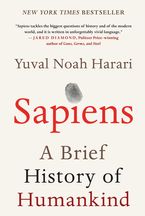Everyone reads a book a bit differently. The words of the
author don’t change between readers, but the readers bring different
experiences, understanding, worldview, emotions with them to the combination of
words. No doubt, even the same reader can take the author’s words differently
depending upon when they read them – again state of emotions, current conscious
thoughts, context with current factors blending into a unique setting to absorb
the ideas the author tries to convey.
If one is concurrently working through several books at the
same time how does that reconfigure how we consume the ideas? How does the
arbitrary choice of what to read impact the absorption of author intent?
Over the past two weeks I have either dabbled in or
completed the following titles (listed in no particular order other than recall
and actual sighting) as I compose this.
Paul Raskin – Journey to Earthland: The Great Transition to Planetary Civilization
Joel Bakan – The New Corporation: How “Good” Corporations Are Bad for Democracy.
David Dayen – Monopolized: Life in the Age of Corporate Power
William Irvine – Aha: The Moments in Life That Shape Our World
Rutger Bregman – Humankind: A Hopeful History
Hubert Hermans – Inner Democracy: Empowering the Mind Against a Polarizing Society
Grace Blakeley – Stolen: How to Save the World from Financialization
Frederic Gros – Disobey! A Guide to Ethical Resistance
William Irvine – The Stoic Challenge
Gregory Moore – Niebuhrian International Relations: The Ethics of Foreign Policymaking
Barbara Kingsolver – Poisonwood Bible
E.L. Doctorow – The March
Rebecca Solnit – Recollections of my Nonexistence
Let’s recognize from the outset, that this is an eyedrop in
the ocean of books that could be piled next to me. Trying to describe
how this current pile arrived on my table would take some time to reconstruct.
Perhaps worthy of some effort, but not my immediate concern.
What is of central interest to me, is how this particular
menu of reading choices affects my health – intellectual, emotional, political,
social, etc. Additionally, each of these works, are built on the works of countless
others (see the footnotes and references, frequently numbering hundreds with
each title). The authors' willingness to read broadly and deeply and then to try and
integrate these earlier thinkers is some serious work. It is work that often
goes under appreciated. I appreciate it so much more as my ability to do what
once came to me fairly easily, is evaporating too quickly.
But even as I sit here composing this brief reflection, I
recognize that there is some, as yet, unutterable union in this seeming
disparate pile of books in front of me. I sense it deeply, yet I cannot find
the words to name it. Perhaps I’m not able to step back far enough, to get that
30,000 ft perspective. What I can say is that their collective impact propels
me forward in search of both deeper meaning and a desire to actualize or
transform the meaning into actions to take. Whether those be ultimately personal
actions, or actions that collectively we could take to move towards a better
future, is likely what each author at their base level hopes their
work might nudge.
I suppose that while it seems to be my disposition to relish
looking more deeply into many things that book length studies require, many don’t share that fetish. They are evidently satisfied with more punctuated
versions of understanding to make their way in this quickly changing world. It
must of course, be admitted, that I have the luxury of retirement to direct more
of my time in such direction. I certainly didn’t devour as much reading of
books, say when our children were growing up, or when my work for pay consumed
40+ hours a week of my time. I recognize the good fortune I have.
As many brighter than I have noted, having the ability to read is an emancipating power, especially when one is free to choose from
among the collective written human heritage held by libraries around the
world. It occurs to me as I scribbled that last sentence, that even though within the last week I gave a brief talk to celebrate the Universal Declaration
of Human Rights, I don’t believe there is a “Right to Read”. Yes, the
Universal Declaration of Human Rights enumerates the “Right
to education”, but not specifically to reading. Let me just end this short
missive by suggesting that with “rights” come “responsibilities”. My mental
meanderings in this increasingly diminished blog over the past 8+ years doesn’t
direct people to what one “must” read, but simply one person’s emerging notions
of what might be possible options to consider towards both a better understanding of our world and our place in it.
Happy reading!!!







